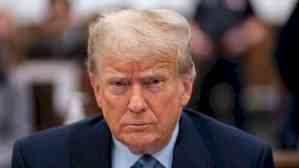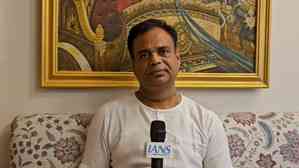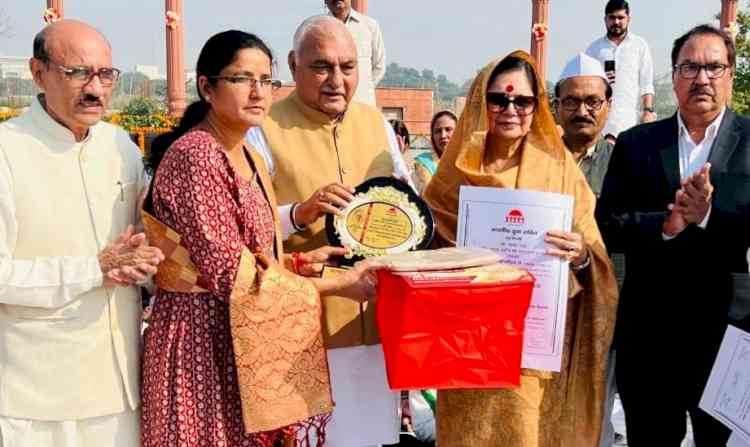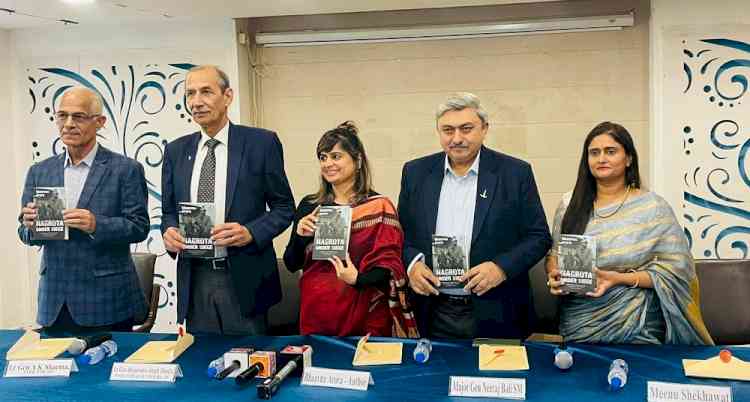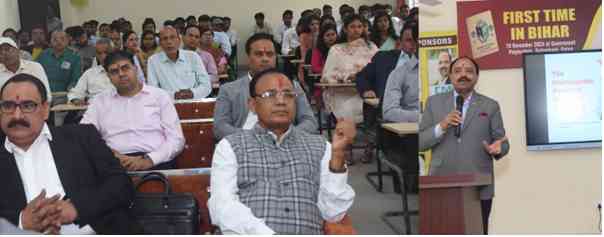Imran isolated after closest aides leave PTI
Pakistan Tehreek-e-Insaf (PTI) chief and former Prime Minister Imran Khan is faced with the toughest battle of his life as he struggles to tackle a severe political isolation after his closest aides announced their departure from the party in the wake of the May 9 violence following his arrest in Islamabad.
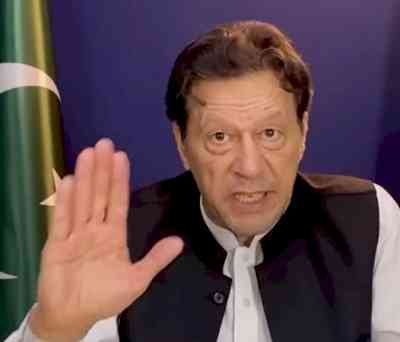
Islamabad, June 2 (IANS) Pakistan Tehreek-e-Insaf (PTI) chief and former Prime Minister Imran Khan is faced with the toughest battle of his life as he struggles to tackle a severe political isolation after his closest aides announced their departure from the party in the wake of the May 9 violence following his arrest in Islamabad.
Adding to the towering list of leaders announcing their departure from PTI are former Defence Minister Pervaiz Khattak and former National Assembly Speaker Asad Qaiser.
"Nothing good happened on May 9... I have condemned the incident before, may Allah prevent such an incident from happening again. The political environment of the country is bad. I have decided to leave the post of the party.. I will decide about the future course of action after consulting with friends," said Khattak, who was also the former Chief Minister of Khyber Pakhtunkhwa as well as the party's president in the province.
Just recently, Khattak and Qaiser had been nominated as part of the PTI negotiation team after Khan called on the "powerful quarters" to sit for table talks and find a solution to what he termed as political chaos in the country to target him and his party.
Since the May 9 chaos, more than 100 PTI leaders have announced their departure from the party.
However, the consistency of statements and reasoning stated by all the PTI leaders for their departure has raised many questions over the true reason behind their disassociation with Khan.
"From the first person announcing departure from the party, to the 102nd, all seem to be reading the same lines, in the same sequence and with expressions that speak the truth about what pressures, assaults, torture and mental stress they have been forced to go through before being compelled to announce their departure," said Raoof Hassan, the Information Secretary of PTI.
Khan has being saying that his party leaders and workers are kidnapped, put behind bars and threatened by the authorities and the country's intelligence agencies of dire consequences.
"It seems that all those who agree to hold a press conference and announce their departure from the party, are freed from the jails. Even the Islamabad High Court (IHC) judge told one of our party leaders that they will not leave you until you don't hold the press conference," he said.
"I want to call on the powerful quarters to not destroy the whole country, only to finish me and my party. At the moment, there is no democracy or rule of law in the country."
On the other hand, the government maintains that those leaving the party have seen the true agenda behind Khan's politics.
"They all have now seen the true face of Imran Khan, who has been throwing all others under the buss and calling them on to come out and fight for him, while he himself hides behind the walls of his residence and tries to dodge accountability on himself cowardly, " Information Minister Marriyum Aurangzeb said.
PTI and Khan found itself in deep hot waters after its leaders, workers and supporters, responded aggressively and violently to the party chief's arrest on May 9 from Islamabad.
There was unprecedented scenes of mob attacks, vandalism, looting and destroying of military installations and state owned buildings.
The protesters also attacked General Headquarters (GHQ) in Rawalpindi, Corps Commander House in Lahore and other important installations across the country.
Since then, the government and the military establishment have joined hands to launch a serious and aggressive crackdown against the PTI leaders and workers, arresting over 1,000 supporters on allegations of being part of the May 9 riots and initiating trials in anti-terrorism courts under relevant terrorism laws, Pakistan Army Act 1952 and Official Secrets Act 1923.


 IANS
IANS 

